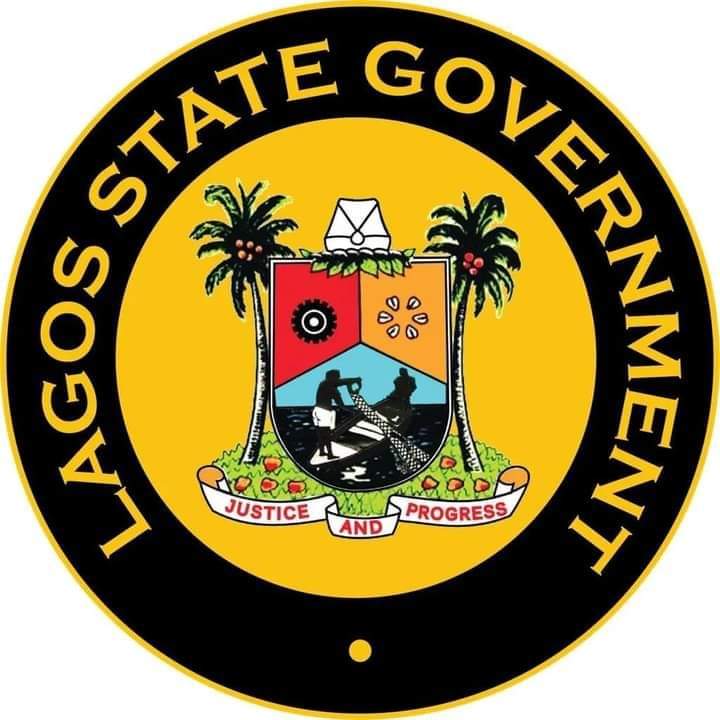The Lagos State government, under the leadership of Governor Babajide Sanwo-Olu and his deputy, Obafemi Hamzat, has demonstrated a profound commitment to the welfare of its citizens embarking on the Hajj pilgrimage to the Kingdom of Saudi Arabia. Recognizing the physical demands of this spiritual journey and the prevailing economic hardships, the government has implemented a fully-funded mandatory medical screening program for all intending pilgrims. This initiative, unveiled during the official flag-off ceremony at the Badagry Local Government Secretariat on April 19, 2025, underscores the administration’s dedication to ensuring the health and safety of its pilgrims.
The comprehensive medical screening, orchestrated by the Commissioner for Home Affairs and Amir-ul-Hajj, Olanrewaju Layode, involves a thorough assessment of each pilgrim’s health status. Medical professionals drawn from various general hospitals across the state conduct the screenings, which include blood and urine tests, among other diagnostic procedures. The results of these examinations are carefully analyzed to determine the pilgrims’ fitness for the journey and to guide appropriate medical management during their stay in the Holy Land. This proactive approach aims to mitigate potential health risks and ensure that pilgrims are adequately prepared for the physical rigors of the Hajj.
The financial burden of the screening, which previously cost N50,000 per person, has been completely absorbed by the state government. This gesture of goodwill acknowledges the economic realities faced by many intending pilgrims and demonstrates the administration’s commitment to facilitating their participation in this significant religious obligation. With the substantial Hajj fare already set at N8,784,085.59, the government’s decision to cover the screening costs provides much-needed financial relief to the pilgrims.
Furthermore, a significant improvement in the screening process has been introduced this year through decentralization. Instead of a centralized screening location, ten designated sites and health facilities have been established across the state. This strategic approach not only enhances accessibility for the pilgrims but also aligns with international best practices, ensuring a more efficient and convenient screening experience. The decentralization reflects the seriousness with which the Lagos State government regards the health and well-being of its pilgrims.
The expected number of pilgrims from Lagos State undertaking the Hajj this year is estimated at 1,400. To ensure full compliance with the mandatory screening requirement, the government has issued a firm directive: any intending pilgrim who fails to undergo the medical screening will not be permitted to embark on the pilgrimage. This decisive stance underscores the importance of the screening process in safeguarding the health of the pilgrims and preventing potential health complications during the Hajj.
In summary, the Lagos State government’s comprehensive approach to the 2025 Hajj pilgrimage reflects a deep commitment to the welfare of its citizens. By fully funding the mandatory medical screenings, decentralizing the screening process for improved accessibility, and enforcing mandatory participation, the government has demonstrated its dedication to ensuring a safe and healthy pilgrimage for all its intending Hajj participants. This proactive initiative not only mitigates potential health risks but also provides crucial financial support to the pilgrims, enabling them to fulfill their religious obligations without undue hardship. The government’s actions serve as a testament to its commitment to the well-being of its citizens and its dedication to facilitating their participation in this important spiritual journey.














